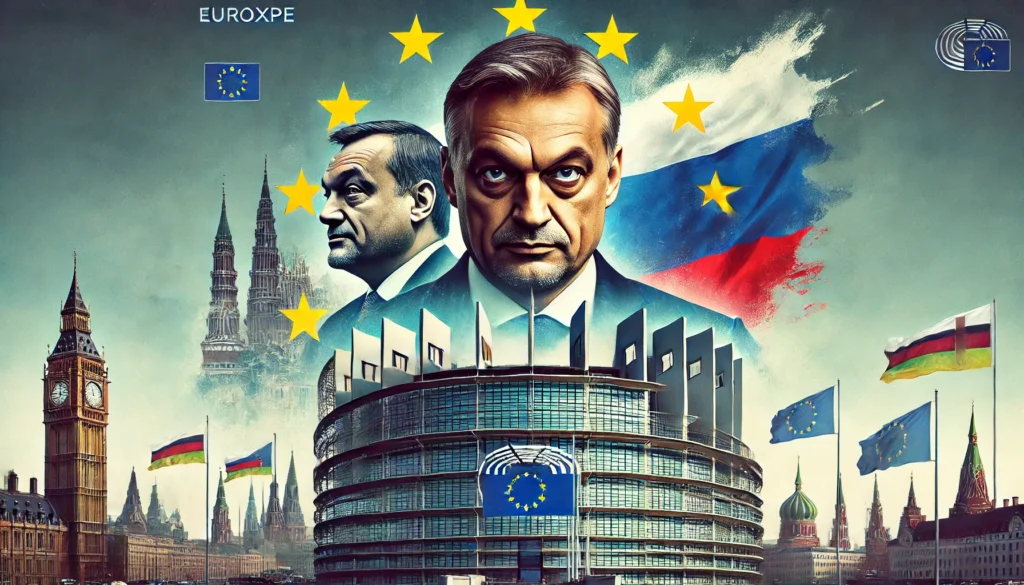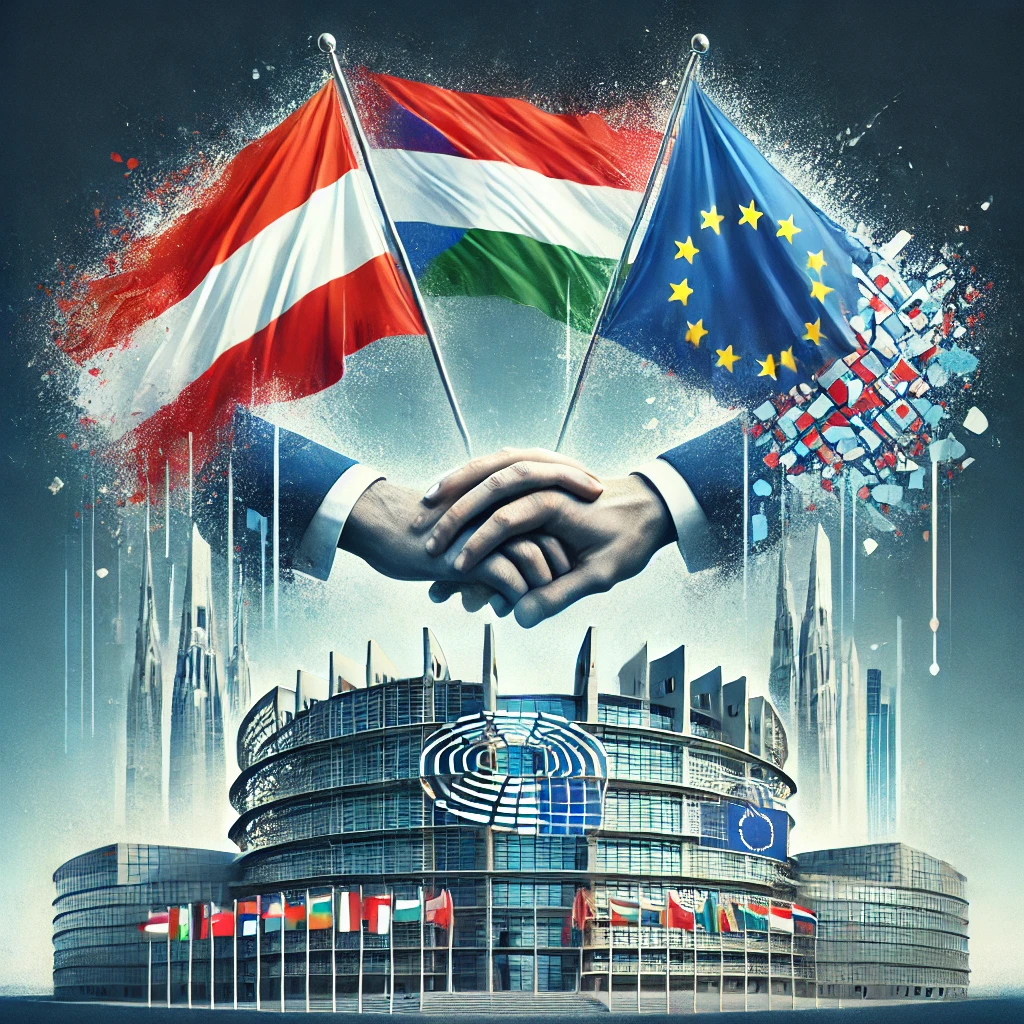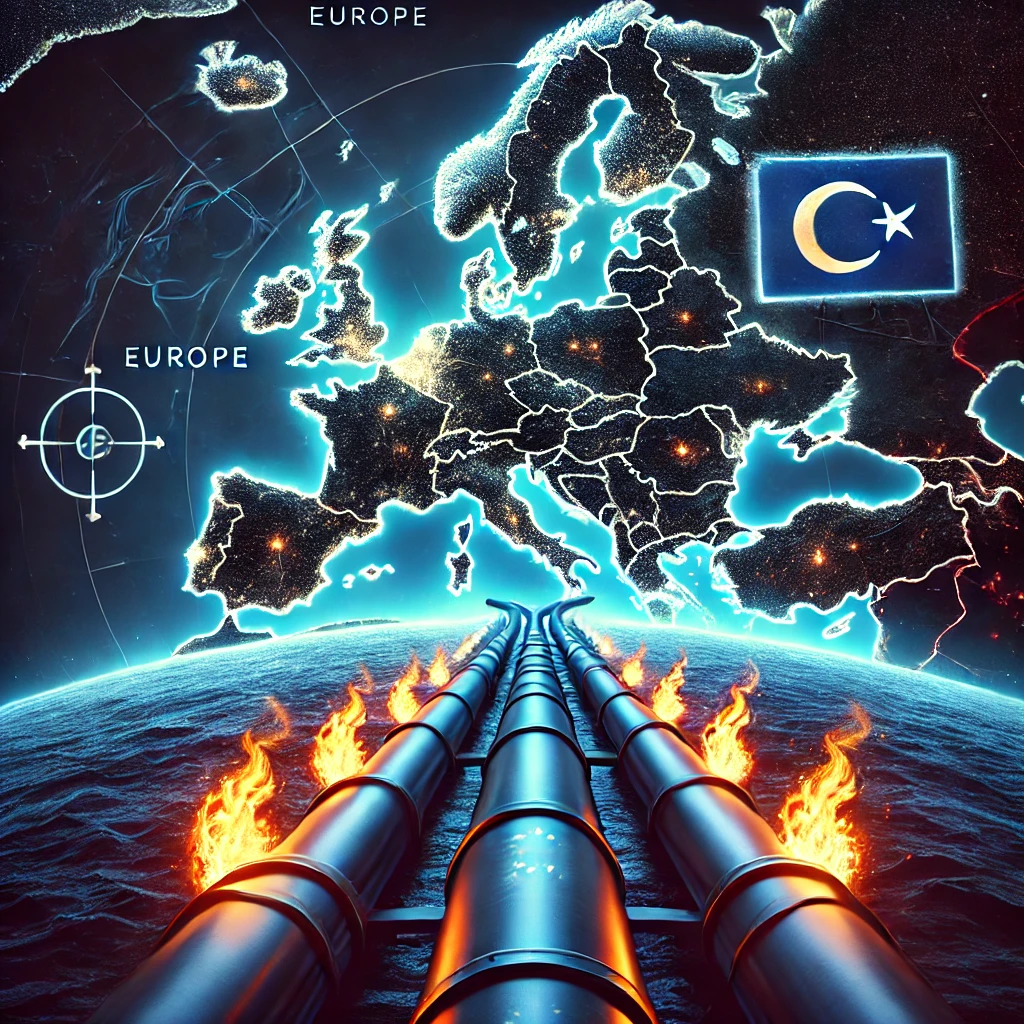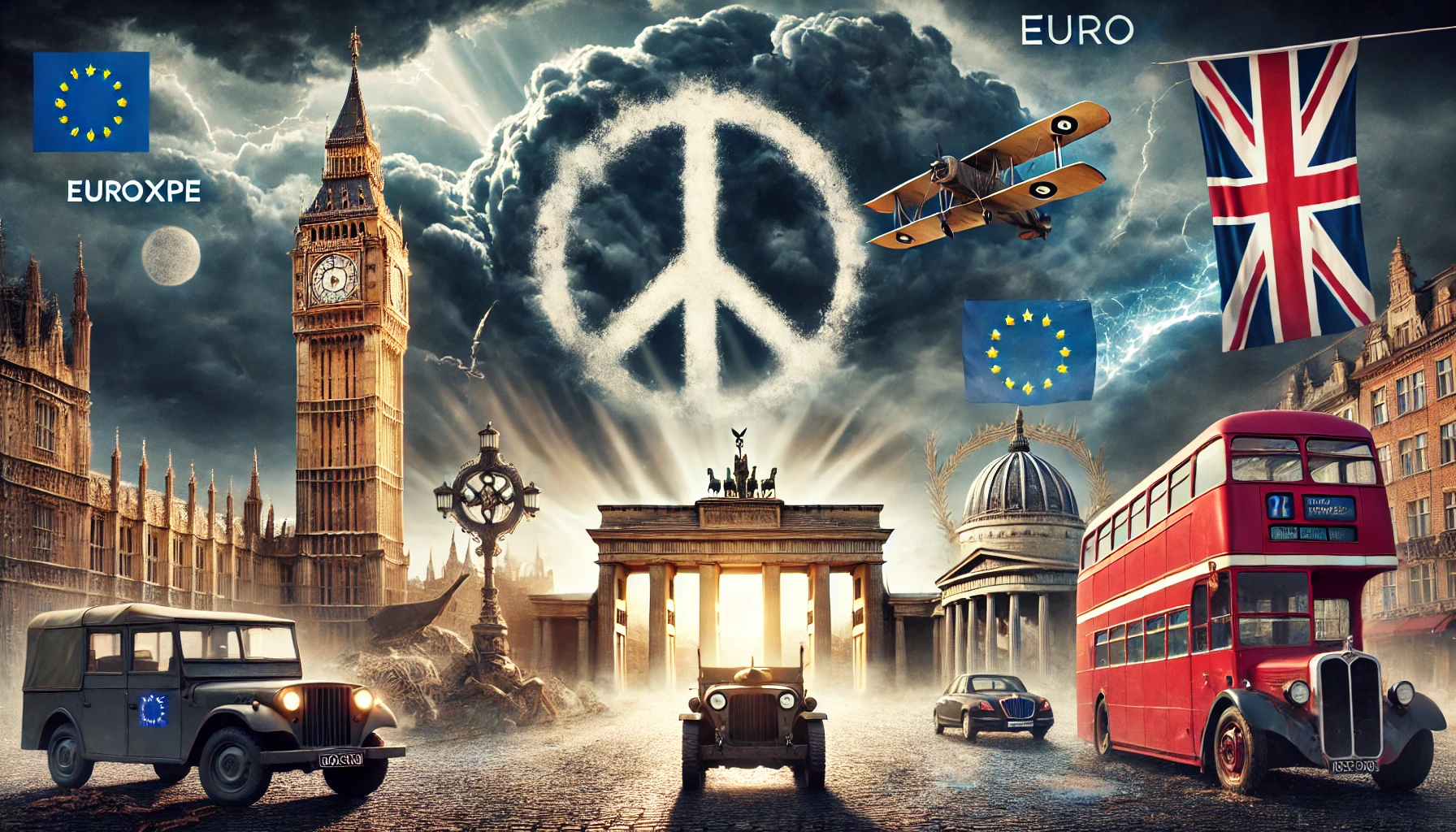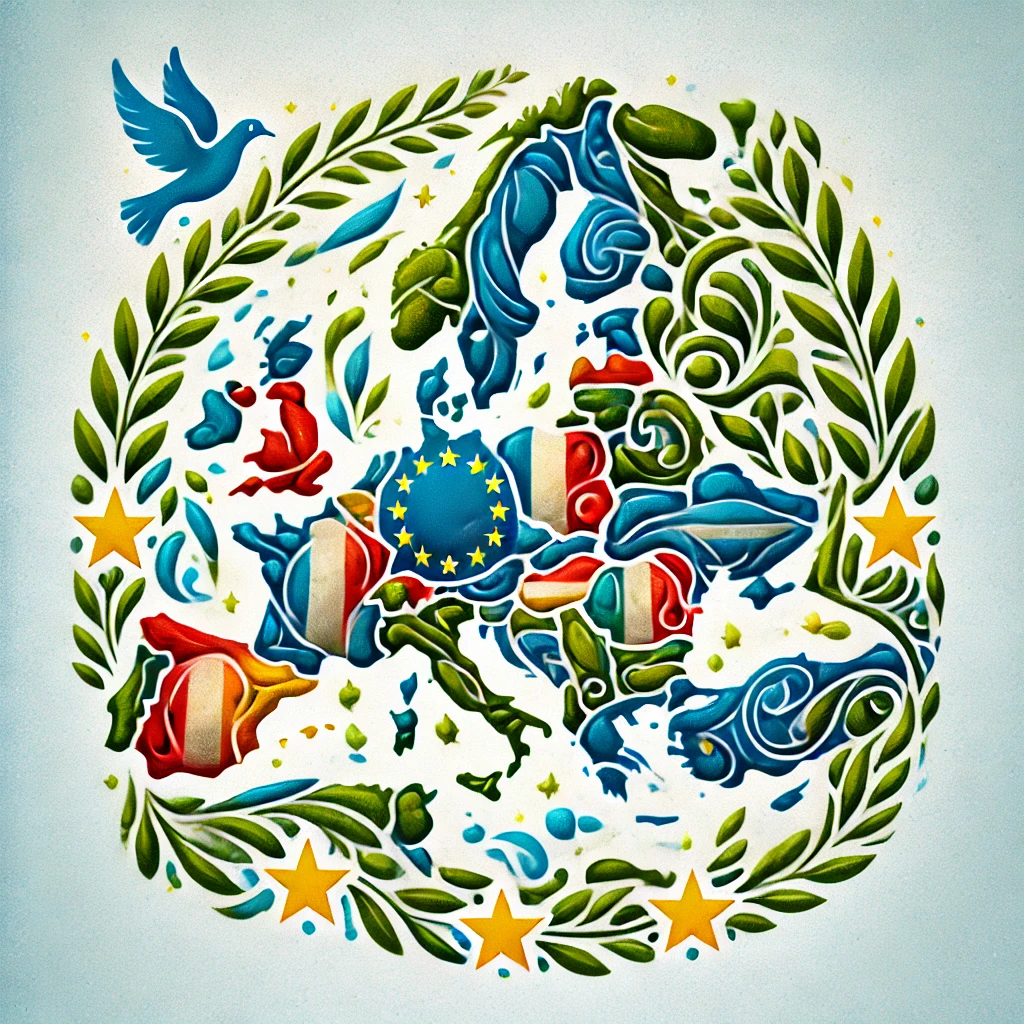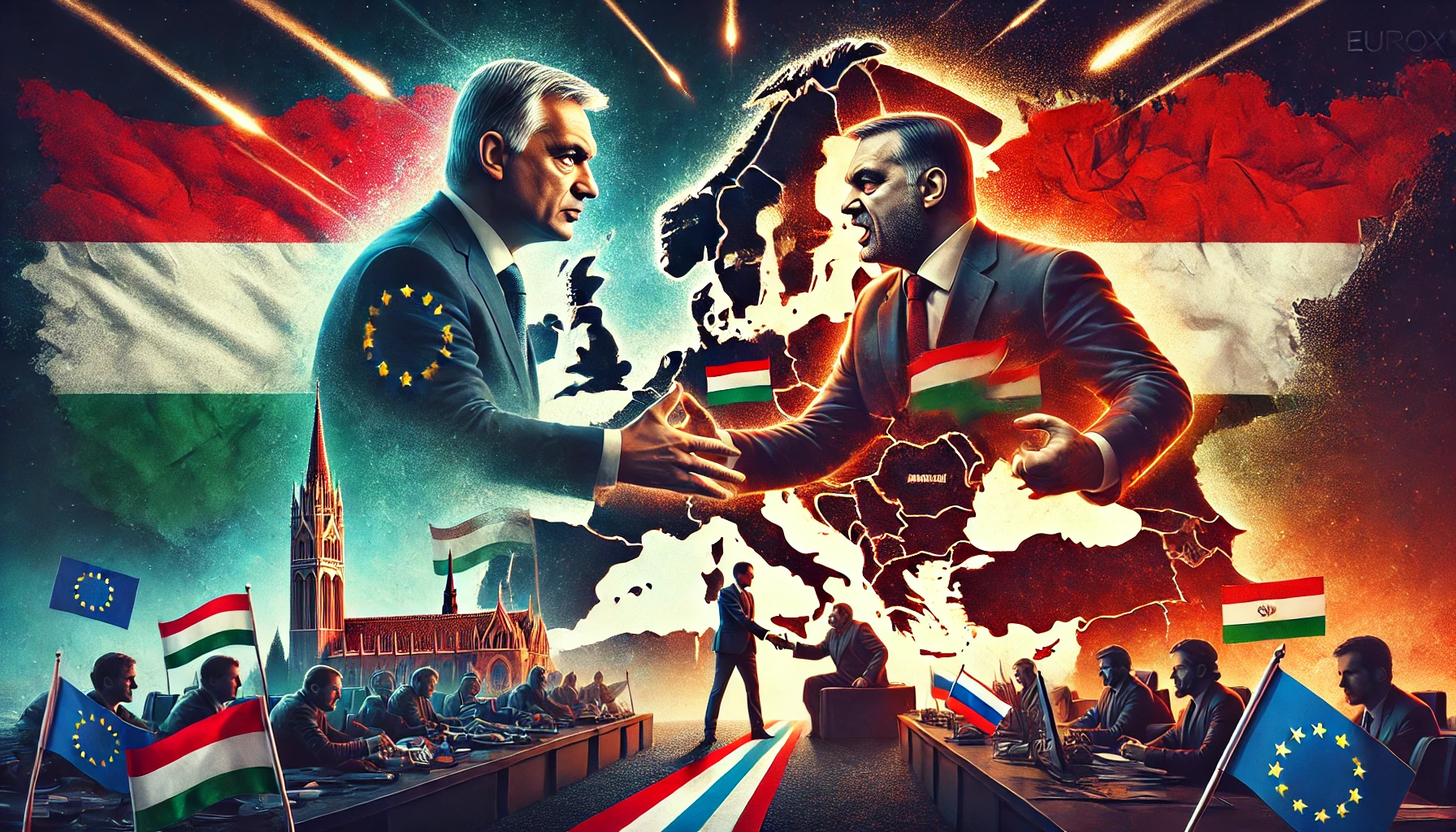The European Parliament (EP) has issued a strong condemnation against Hungarian Prime Minister Viktor Orban following his controversial visit to Russia shortly after assuming Hungary’s presidency of the European Union (EU). The visit, which took place amidst the EU’s ongoing support for Ukraine, was deemed a violation of the EU’s unified foreign policy stance.
During a plenary session, the EP voted on a resolution affirming the EU’s unwavering support for Ukraine over the next five years. The resolution, which was approved by an overwhelming majority of 495 votes, emphasized the need for continuous international support for Ukraine. A written statement from the EP highlighted the necessity of providing military aid to Ukraine “as long as required and by any means necessary” to counter Russian aggression.
The resolution also specifically criticized Orban’s visit to Moscow on 5th July, branding it as unrepresentative of the EU. The statement underscored that Orban’s actions were a blatant breach of the EU treaties and the collective foreign policy agreed upon by member states. Furthermore, the timing of the visit, coinciding with a Russian attack on a children’s hospital in Kyiv, was seen as particularly egregious and far from any “peace mission” that Orban claimed.
Orban’s Moscow Visit
Orban’s decision to visit Moscow five days into Hungary’s EU presidency sparked significant backlash within the EU. European Commission President Ursula von der Leyen remarked that “Putin cannot be appeased by such visits. Only unity and resolve can pave the way to a comprehensive, just, and lasting peace in Ukraine.”
European Council President Charles Michel also expressed his disapproval, stating that the EU presidency does not grant Hungary the authority to engage with Russia on behalf of the EU. Josep Borrell, the EU’s High Representative for Foreign Affairs and Security Policy, reinforced this sentiment by asserting that “the Hungarian Prime Minister does not represent the EU in any capacity.”
Despite these criticisms, Orban defended his trip, insisting that his objective was not to negotiate on behalf of the EU but to take initial steps toward peace. Nevertheless, his actions were viewed as undermining the EU’s collective stance on the Ukraine conflict.
EU-Russia Relations
EU-Russia relations have been strained since Russia’s illegal annexation of Crimea in 2014 and further deteriorated with the onset of the Ukraine-Russia war in 2022. Diplomatic ties have been reduced to the level of charge d’affaires, reflecting the deep-seated tensions.
Orban’s stance on the conflict often diverges from the EU’s unified position. Hungary has frequently been at odds with the EU regarding military and financial support for Ukraine, as well as Ukraine’s EU membership negotiations. Orban, who is frequently accused of being “pro-Russian,” consistently denies these allegations, maintaining that his actions are in Hungary’s best interests.
The EP’s recent resolution serves as a clear message that the EU will continue to stand firmly with Ukraine, and any actions by member states that deviate from this commitment will face condemnation. The European Parliament’s position highlights the importance of a cohesive foreign policy in confronting global challenges and maintaining the EU’s credibility on the international stage.
